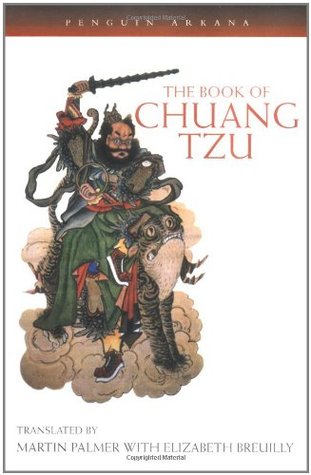The Darkest Skill
/The best skill is the darkest, the most deceitful, the most illusory, the most invisible. A guy gets stabbed in the back and doesn't even notice until it is too late.
Which is better skill:
- You know that I uprooted you and you feel my power; or you don't know I uprooted you and you don't feel anything coming?
- Causing pain; or causing damage without immediate pain?
- You feel me attack and you move; or I move you, but you think you moved yourself?
- You don't feel me attack so you don't move; or you move yourself, but you think I moved you?
In each case, the latter is better skill.
Technique is amoral, but the use of technique is always moral (good or bad). That's why the teaching of technique needs moral context. A dark technique is only dark because we associate it with social deviance, the bad guys; the actual technique itself can be used for righteous action, given the right context.
Correctly conceptualized, the subject of Internal Martial Arts is the exploration of the interactions between social-dominance reactions and the perception (and misperception) of the underlying physics. The biggest obstacle to learning internal martial arts is the word "internal" itself. Martial techniques don't happen in the body, just like thoughts don't happen in the body. This odd confusion between inside and outside leads people to look for power generated from inside the body. It also leads to unproductive modernist discussions of body-mechanics. Perfect body mechanics should follow from purposes, not lead them. In fact, there are only two powers: gravity and momentum. Body mechanics basically comes down to one thing, how does it all work together?
 There is a story in the Daoist classic, Zhuangzi, about three thiefs. The low level thief practices picking the locks on peoples luggage; the master thief steals the whole bag and hopes the luggage holds together during his escape. The true master thief, however, uses charm to take control of the whole country and then just collects taxes.
There is a story in the Daoist classic, Zhuangzi, about three thiefs. The low level thief practices picking the locks on peoples luggage; the master thief steals the whole bag and hopes the luggage holds together during his escape. The true master thief, however, uses charm to take control of the whole country and then just collects taxes.
If we are the same size and I want you to believe in my superior skills without causing damage, that is going to be a confidence game. I'm going to need a trick of some kind. If I have removed the automatic, monkey-dance-I-dominate-you signals out of my movement, I will have to trick you into submitting. I think this is the secret history of a lot of internal martial arts stuff.
If I am using my dark skills, I have the option of causing real damage, but you are not going to know that. I'm not going to signal it. By not signaling my capacity to harm, most people will not feel justified in trying to hurt me; they may not believe I have the skills.
Convincing people of capacity to harm, is a different skill set than actual capacity to harm.
There is so much deception in the world of martial arts teaching.
That is why I think theatrical skills are so important. Fake dominance and submission skills are extremely useful in social conflict. Is vanity the root of all human problems? Perhaps. That's why there are lots of Daoist precepts meant to bring awareness to vanity, so that one can practice discarding it. But I teach my students to develop maximum explosive vanity! I want them to be adept at displaying hotness and coolness! Peppy-le-Pew meets 007. Strong and heroic on the outside, empty on the inside. This is what is meant by balancing yin and yang. Being the master of one's own vanity is one of the keys of self-empowerment.
